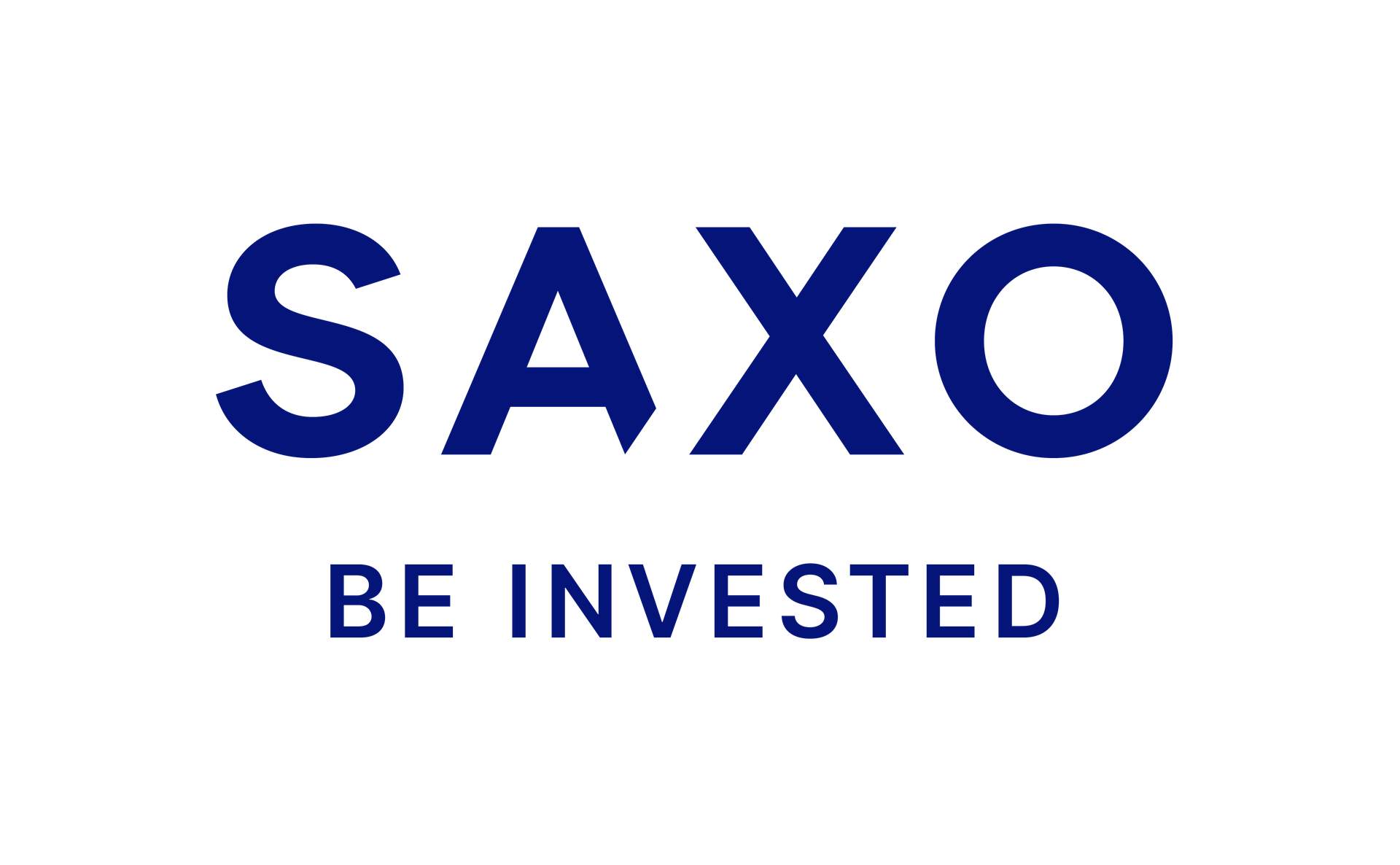- Firms were slashing jobs this month at the fastest pace since January 2021
- Service providers have endured a ‘particularly steep’ drop in recruitment
Redundancy rates have hit their highest levels in nearly four years in the wake of Chancellor Rachel Reeves’ Autumn Budget, fresh data suggests.
The closely watched S&P Global Flash Composite Purchasing Managers’ Index shows companies have been slashing jobs this month at the fastest pace since the Covid-19 lockdowns in January 2021.
With the exception of the pandemic, UK employment decreased at the greatest rate since the 2008/09 global financial crisis.
S&P Global blamed the decline on the ‘gloomier outlook’ following the tax hikes announced in the recent Budget and the ‘broader direction of government policy’ in the coming months.
Reeves announced on 30 October that employers would pay a 15 per cent National Insurance rate on staff salaries above £5,000 from April instead of the current 13.8 per cent levy on wages exceeding £9,100.
Concurrently, the National Living Wage will rise by 6.7 per cent to £12.21 per hour and the hourly minimum wage for 18 to 20-year-olds will jump by 16.3 per cent to £10.

Redundancies have hit their highest levels in nearly four years following the Budget
Chris Williamson, chief business economist at S&P Global Market Intelligence, said many companies are responding to these policies with a ‘market pull-back’ in hiring, especially within the leisure and financial services sectors.
S&P said service providers have endured a ‘particularly steep’ drop in recruitment, largely from not replacing people who had voluntarily quit.
Other firms have either reduced working hours or embarked on longer-term plans to restructure their workforce.
Williamson also said that proposed new regulations were behind the reluctance of businesses to employ more staff.
Labour’s Employment Rights Bill would strengthen worker protections but could cost £5billion per year for companies, according to the Government’s own analysis.
Among the bill’s proposed measures include a ban on zero-hours contracts, a right to bereavement leave, and a default right to flexible working from day one.
S&P Global further revealed that manufacturing output shrank in December for the second consecutive month and at the quickest pace for 11 months, at 45.7 compared to 48.3 in November. Any number below 50 indicates a contraction.
It said goods makers were impacted by customer destocking and lower demand from Europe, causing the fastest decrease in overall export sales for 14 months.
Furthermore, manufacturers reported the biggest increase in purchasing prices since the beginning of 2023, with anecdotal evidence noting higher transport costs and raw material prices.
Williamson said: ‘Businesses are reporting a triple whammy of gloomy news as 2024 comes to a close, with economic growth stalled, employment slumping and inflation back on the rise.
‘Economic growth momentum has been lost since the robust expansion seen earlier in the year, as businesses and households have responded negatively to the new Labour Government’s downbeat rhetoric and policies.’
However, the fall in goods output was offset by the service sector enjoying a modest uptick in activity, which helped keep the Flash UK PMI Composite Output Index flat at 50.5.
S&P Global’s figures come three days after the Office for National Statistics said the UK economy contracted in October for the second successive month.
DIY INVESTING PLATFORMS

AJ Bell

AJ Bell
Easy investing and ready-made portfolios

Hargreaves Lansdown

Hargreaves Lansdown
Free fund dealing and investment ideas

interactive investor

interactive investor
Flat-fee investing from £4.99 per month

Saxo

Saxo
Get £200 back in trading fees

Trading 212

Trading 212
Free dealing and no account fee
Affiliate links: If you take out a product This is Money may earn a commission. These deals are chosen by our editorial team, as we think they are worth highlighting. This does not affect our editorial independence.











